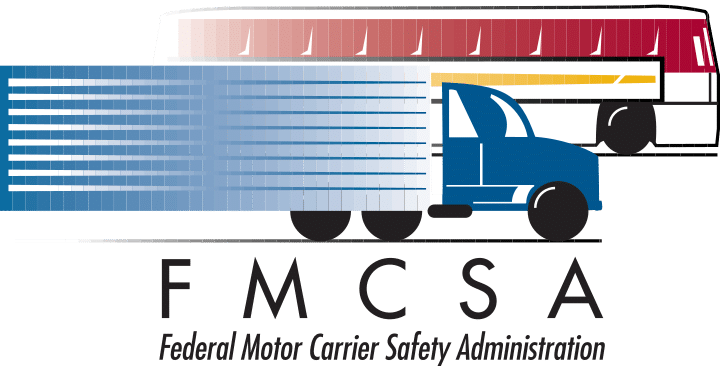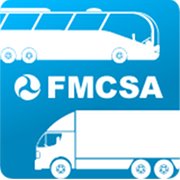
On November 4, 2022, the Federal Motor Carrier Safety Administration’s (FMCSA) Drug and Alcohol Clearinghouse published information titled “Pre-employment Investigations for Drug and Alcohol Program Violations.” The Clearinghouse notice (see below) is a reminder to certain employers regarding a change requirement that went into effect Jan. 6, 2023. On that date, three years of violation data will become available in the Clearinghouse and a pre-employment Clearinghouse query will satisfy the requirement to investigate whether a prospective driver had previous drug and alcohol program violations, as required by 49 CFR 391.23(e). This query will also satisfy the requirements of 49 CFR 40.25.
Please be aware the Clearinghouse contains only information about a driver’s drug/alcohol testing history when employed by FMCSA-regulated employers. If an employer is considering an applicant who was employed by an employer regulated by a DOT agency other than FMCSA (such as the Federal Railroad Administration, Federal Transit Administration, Federal Aviation Administration, etc.), that applicant’s information would not be reported to the Clearinghouse. In these situations, the employer still is required to directly request drug and alcohol violation information from those DOT-regulated employers in accordance with 391.23(e)(4)(ii) and 40.25.
For any questions, please contact FMCSA’s Drug and Alcohol Clearinghouse at clearinghouse@dot.gov.
Pre-employment investigations for Drug and Alcohol Program Violations
Beginning January 6, 2023, a pre-employment Clearinghouse query will satisfy the requirement to investigate a prospective driver’s previous drug and alcohol program violations, as set forth in 49 CFR 391.23(e)(4) and 382.413(b).
Employers of CDL drivers are required to conduct background investigations before hiring a driver. This process includes determining if the driver has violated the drug and alcohol regulations of any Department of Transportation (DOT) mode within the past three years (see 49 CFR 391.23(e)(1)-(3) and 382.413(a)). Currently, this requires employers or their designated consortia/third-party administrators (C/TPAs) to conduct both electronic queries in the Clearinghouse and manual inquiries with previous employers to meet the three-year time frame.
Beginning January 6, 2023, when three years of violation data is stored in the Clearinghouse, prospective employers must conduct a pre-employment query of the Clearinghouse, as set forth in § 382.701(a), to comply with the inquiry requirement in §§ 382.413(b) and 391.23(e)(4), as it pertains to FMCSA-regulated employers. Inquiries not conducted under § 382.701(a) will not satisfy these inquiry requirements.
NOTE: The Clearinghouse contains only information about drivers employed by FMCSA-regulated employers. If a prospective employee was employed by an employer regulated by a DOT agency other than FMCSA (such as the Federal Railroad Administration, Federal Transit Administration, Federal Aviation Administration, etc.) during the three-year time frame, prospective employers will still be required to directly request drug and alcohol violation information from those DOT-regulated employers in accordance with 391.23(e)(4)(ii) and 382.413(c), since this information is not reported to the Clearinghouse.
Annual query requirements have not changed.
Employers of CDL drivers must conduct a query in the Clearinghouse at least once a year for each CDL driver they employ (see § 382.701(b)). This annual query requirement applies on a rolling 12-month basis, which means that if you conducted your last annual queries in December 2021, it is time to conduct the next round of annual queries.
Employers must obtain general consent from CDL drivers they employ before conducting limited queries in the Clearinghouse to view these drivers’ information.
 The U.S. Department of Transportation’s (DOT) Federal Motor Carrier Safety Administration (FMCSA) announced a final rule, Friday, Dec. 2, that establishes a national drug and alcohol clearinghouse for commercial truck and bus drivers. The clearinghouse database will serve as a central repository containing records of violations of FMCSA’s drug and alcohol testing program by commercial driver’s license (CDL) holders.
The U.S. Department of Transportation’s (DOT) Federal Motor Carrier Safety Administration (FMCSA) announced a final rule, Friday, Dec. 2, that establishes a national drug and alcohol clearinghouse for commercial truck and bus drivers. The clearinghouse database will serve as a central repository containing records of violations of FMCSA’s drug and alcohol testing program by commercial driver’s license (CDL) holders.